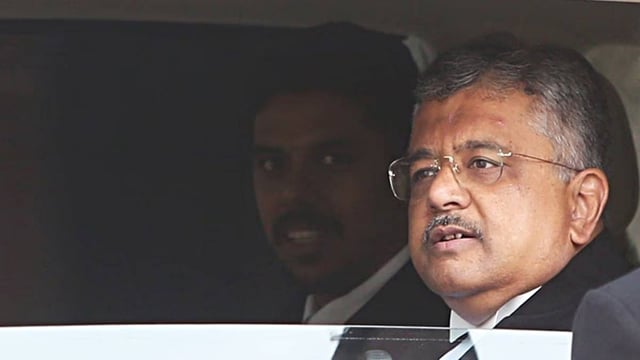Overview
- The bench led by Chief Justice B.R. Gavai reserved its judgment in the suo motu case on the Enforcement Directorate’s authority to summon lawyers
- Tushar Mehta affirmed that legal professional privilege is sacrosanct but ceases when communications are used to further illegal acts, citing Sections 132–134 of the Bharatiya Sakshya Adhiniyam
- He cautioned against invoking Article 142 to fill perceived gaps and said statutes like the BSA, Companies Act and Civil Procedure Code already strike the right balance between confidentiality and accountability
- The suo motu proceedings were triggered by ED summonses to senior advocates Arvind Datar and Pratap Venugopal, which drew protests from the Supreme Court Bar Association and the Advocates-on-Record Association
- The court has invited submissions from bar bodies and is considering amicus curiae input to frame any formal guidelines limiting agencies from summoning counsel
